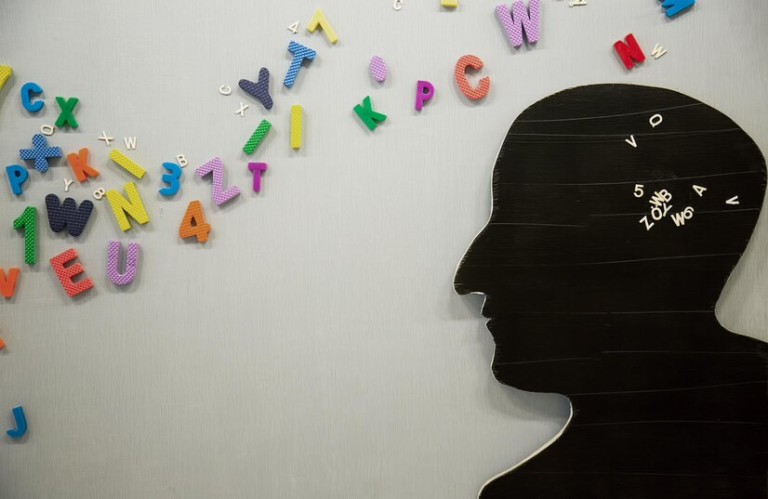Dyslexia is a hidden handicap that plagues many individuals around the world, often leading to issues with reading and writing. Dyslexia affects roughly 10% of the population in some way or another; however, most people don’t have any comprehension at all about this neurological disorder. Raising awareness and understanding surrounding dyslexia can significantly reduce the associated stigma and provide helpful tools to those who must constantly battle its difficulties. This blog post will discuss why raising awareness about dyslexia matters and how we can do it!
Introduce the purpose of the post and why this topic is important to discuss
Dyslexia affects a significant number of people, yet many are still unaware of what the disorder entails. While it is commonly known as a difficulty in reading and writing, dyslexia goes beyond that and can affect various aspects of daily life. That is why raising awareness about this learning difference is crucial to help those who have it and promote a more inclusive society.
By understanding dyslexia better, we can learn how to accommodate individuals with it and empower them to succeed in their academic and professional endeavors. This post will discuss how we can raise awareness about dyslexia and why it is essential. You can learn more about it in Dyslexia Awareness Training Course Online.
Define dyslexia and provide a brief overview of its symptoms.
Dyslexia is a learning disorder that affects one’s ability to read and interpret written language. It is estimated that between 5% to 17% of the world’s population is affected by this condition.
Dyslexia manifests in different ways, but some common symptoms include difficulty with phonological processing, slow reading speed, poor spelling, and struggling with word recognition. It’s important to note that dyslexia is not related to intelligence but how the brain processes language. While there is no cure for dyslexia, early detection and support can help individuals learn strategies to cope with the condition and achieve academic success.
Outline common misconceptions about dyslexia and explain why they are not valid.
Despite popular belief, dyslexia is not a reflection of low intelligence or poor education. This is one of many misconceptions surrounding the learning disorder that can unfortunately lead to stigmatization and a lack of proper support. Another common misconception is that dyslexia only affects reading and writing skills; it can also impact a person’s ability to process and recall verbal information.
Lastly, some may mistakenly believe that dyslexia can be cured or overcome through hard work alone. While some strategies and accommodations can assist those with dyslexia, it remains a lifelong condition. It is important to dispel these myths and advocate for dyslexic individuals who need and deserve the appropriate resources to thrive in academic and personal settings.
Highlight innovative technologies to help dyslexic people succeed in school and the workplace.
Imagine trying to read a book, but the words constantly shift and jumble together. For people with dyslexia, this is a daily struggle. However, thanks to innovative technologies, individuals with dyslexia now have various tools to assist them in school and the workplace. For example, text-to-speech software can read text aloud, allowing individuals to listen to written material instead of struggling to read it.
Dyslexic-friendly fonts can also make a significant difference, making it easier for dyslexic readers to distinguish between letters and words. Additionally, apps that incorporate multisensory learning strategies can help individuals with dyslexia retain information and improve their reading and writing skills. With these and other cutting-edge technologies, people with dyslexia can overcome challenges and achieve their full potential.
Share resources for additional information, such as books, websites, and podcasts
The internet can be a treasure trove of resources when seeking additional information on a particular topic. Websites such as TED Talks and Khan Academy offer educational videos and articles. In contrast, podcasts like Radiolab and Stuff You Should Know allow learning on the go. Books can be a great way to expand your knowledge if you prefer more traditional learning methods. From informative non-fiction books to thought-provoking fiction, there’s a book for everyone. No matter your preferred learning medium, many resources are available to help you dive deeper into any subject.
Conclusion
Dyslexia can be challenging, but with support from those around us, people with dyslexia can succeed. Many technologies are available to help. Let’s focus on what people with dyslexia can do and utilize their unique strengths. Learn more from books, websites, and podcasts. Share your story to add diverse voices to the discussion.

